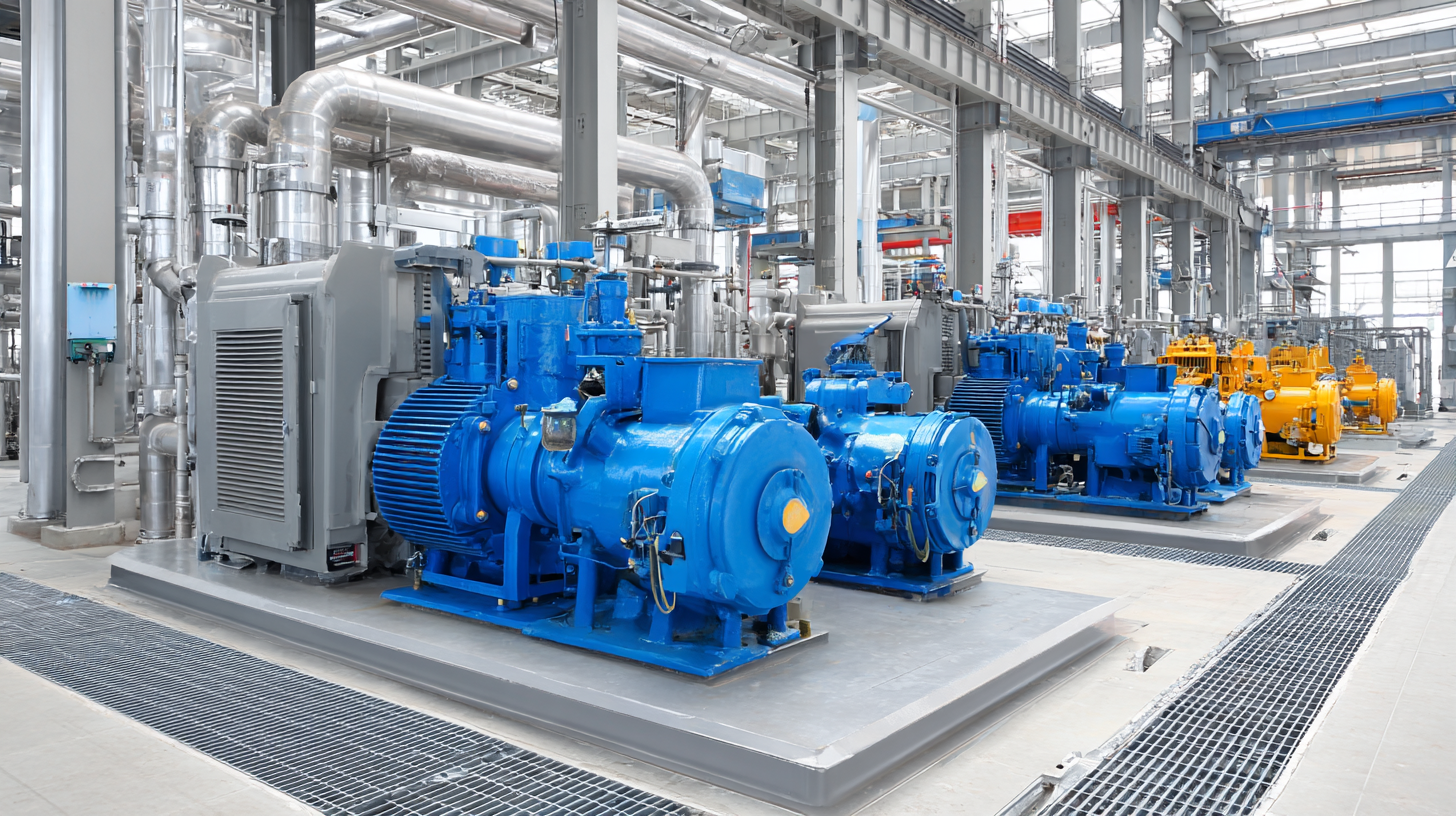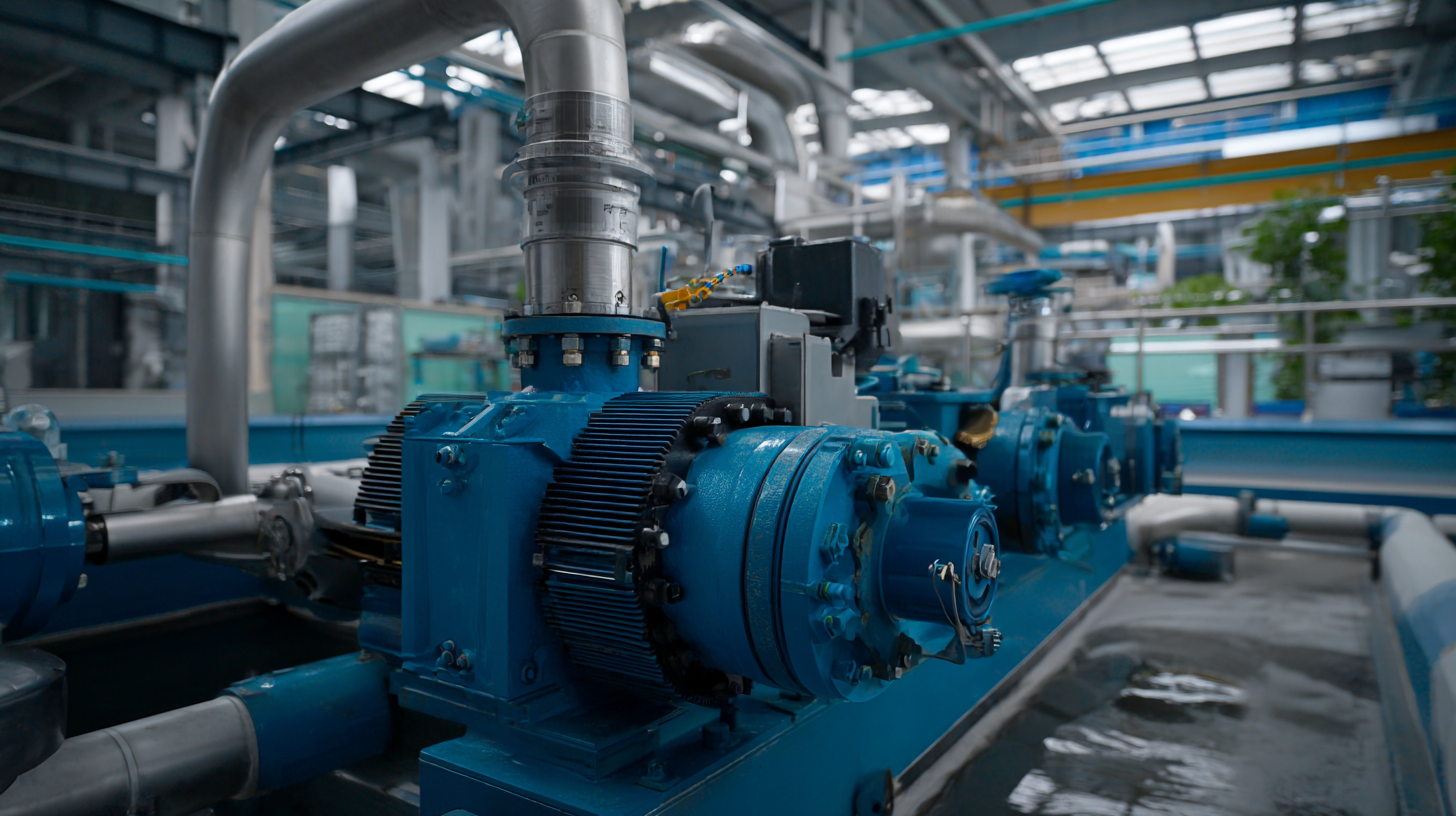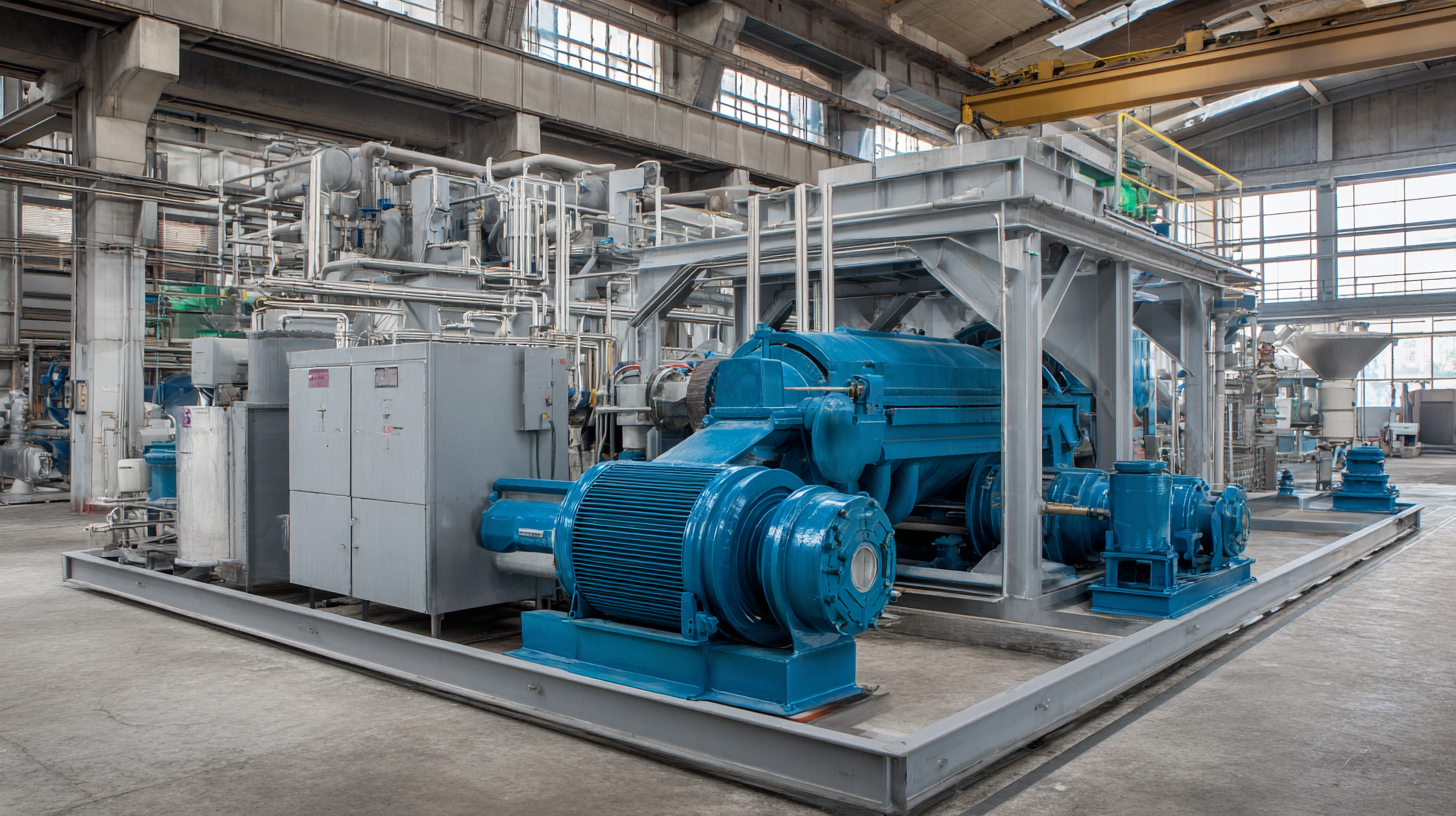
Universal Pumping | High Pressure Pumps
High Pressure Pumps for Difficult to Pump Slurry, Sludge, and Food Waste.
When it comes to industrial processes involving liquid-solid separation, choosing the right filter press pump is crucial for achieving optimal performance and efficiency. A filter press pump plays a vital role in delivering slurry to the filter press, impacting the overall filtration process and the quality of the final product.

With a multitude of options available on the market, selecting the most suitable filter press pump can seem daunting for many industries. Factors such as pump type, capacity, pressure requirements, and compatibility with the specific materials being processed must all be considered. In this blog, we aim to guide you through the key considerations and features to examine, ensuring that your choice of filter press pump aligns perfectly with your operational needs and enhances your industrial processes.
Understanding these elements will empower you to make an informed decision, paving the way for improved efficiency and reduced operational costs.
When it comes to selecting the right filter press pump for your industrial needs, understanding the various types available in the market is crucial. Filter press pumps are primarily categorized into diaphragm pumps, positive displacement pumps, and centrifugal pumps. According to recent industry reports, positive displacement pumps are favored for their ability to handle high solid concentrations and provide consistent flow, making them ideal for heavy-duty applications in industries like mining and wastewater treatment. Meanwhile, diaphragm pumps excel in applications requiring careful material handling, particularly in food processing or pharmaceutical sectors, where contamination must be minimized.
**Tips:** When selecting a pump, consider the viscosity and chemical composition of the slurry. Additionally, the pump’s efficiency and energy consumption are important factors that can significantly affect operational costs.
Furthermore, the market is witnessing a rise in automation-driven filter press pumps, which offer enhanced controls and monitoring via IoT technologies. A report from the International Pump Industry Association notes that these advanced systems can increase productivity by up to 30%, providing real-time performance analytics that help optimize processes.
**Tips:** Look for pumps with integrated monitoring systems, which can help in predictive maintenance and reduce downtime, ultimately saving on repair costs.
When selecting a filter press pump for your industrial needs, several key factors should be considered to ensure optimal performance and efficiency. First, it's crucial to evaluate the nature of the materials being processed. Different substances, whether slurries or sludge, have distinct viscosity levels and particle sizes that can affect pump choice. Consider pumps that can handle the specific characteristics of your material without causing blockages or inefficiencies.
Another important factor is the pump's operating pressure and flow rate. Filter press operations require a pump that can deliver the necessary pressure to effectively drive the material into the filter press. Underestimating these requirements can lead to poor filtering results and increased downtime. Additionally, selecting the right flow rate is essential; it should align with the throughput of your operations to maintain productivity while avoiding wear and tear on the pump system. By carefully assessing these elements, you can select a filter press pump that not only meets your current requirements but also adapts to future demands.
| Pump Type | Max Pressure (psi) | Flow Rate (GPM) | Material Compatibility | Applications |
|---|---|---|---|---|
| Diaphragm Pump | 150 | 30 | Corrosive fluids | Chemical Processing |
| Gear Pump | 200 | 50 | Viscous fluids | Food & Beverage |
| Centrifugal Pump | 100 | 100 | Water and wastewater | Waste Treatment |
| Progressive Cavity Pump | 175 | 40 | Slurry, sludge | Mining & Metals |
| Piston Pump | 250 | 20 | Chemicals, oils | Petrochemical |
When it comes to selecting a filter press pump for industrial applications, understanding the differences between positive displacement pumps and centrifugal pumps is crucial. Positive displacement pumps operate by trapping a fixed volume of fluid and forcing it through the discharge. This mechanism allows for precise control over the flow rate and is particularly effective in applications requiring high pressure and viscosity, making it an excellent choice for filter processes that involve thick slurries.
On the other hand, centrifugal pumps utilize rotational energy to move fluids, relying on kinetic energy to propel them. These pumps are generally more suitable for lower viscosity fluids and can handle larger volumes at a higher flow rate. Their design provides ease of maintenance and operation, but they may struggle under high-pressure conditions or with fluids that contain significant solids. Thus, while centrifugal pumps are often more efficient for simpler filtration tasks, positive displacement pumps hold an edge when dealing with more challenging materials or processes where precision and pressure are imperative. Understanding these distinctions will enable industries to make informed decisions that align with their specific filtration requirements.

When selecting a filter press pump for industrial applications, the choice of pump materials is critical for ensuring both longevity and efficiency. Pumps are subjected to harsh conditions, including high pressures and abrasive materials. Therefore, utilizing the right materials can significantly impact the performance and durability of the system. For instance, pumps made from stainless steel or high-grade alloys offer enhanced resistance to corrosion and wear, making them ideal for applications involving aggressive chemicals or abrasive slurries.
In addition to corrosion resistance, the thermal properties of pump materials play a vital role in maintaining efficiency. High-performance plastics, for example, can withstand temperature fluctuations without losing structural integrity. This ensures consistent operation and minimizes downtime due to repairs or replacements. Furthermore, selecting the appropriate seals and linings tailored for specific materials can prevent leaks and reduce maintenance costs over time. By prioritizing pump materials that align with the specific industrial application, businesses can achieve optimal performance and extend the lifespan of their filter press systems.
 When selecting a filter press pump for industrial applications, it's crucial to avoid some common pitfalls that can lead to operational inefficiencies and increased costs. One of the most significant mistakes is underestimating the required pump capacity. According to industry reports, a common miscalculation is selecting a pump that does not account for solid content and viscosity, which can lead to frequent pump failures and downtime. For instance, a recent study indicated that 30% of filter press installations failed due to improper sizing of the pump, resulting in maintenance costs that could have been avoided.
When selecting a filter press pump for industrial applications, it's crucial to avoid some common pitfalls that can lead to operational inefficiencies and increased costs. One of the most significant mistakes is underestimating the required pump capacity. According to industry reports, a common miscalculation is selecting a pump that does not account for solid content and viscosity, which can lead to frequent pump failures and downtime. For instance, a recent study indicated that 30% of filter press installations failed due to improper sizing of the pump, resulting in maintenance costs that could have been avoided.
Another frequent error is neglecting the compatibility of the pump materials with the slurry being processed. Certain chemical compositions can lead to corrosion or wear over time. Reports show that improper material selection leads to a 20% increase in replacement costs within just the first year of operation. It is essential to assess the chemical properties of the slurry thoroughly, ensuring that the pump construction materials can withstand the specific conditions to maximize longevity and efficiency. By avoiding these common mistakes, industries can ensure smoother operations and reduce both downtime and maintenance expenses.






Universal Pumping
625 Apache Trail
Woodstock, GA 30189
Mon - Fri | 9:00 AM - 5:00 PM
Universal Pumping is staffed with industry professionals with 20-45 years experience with high pressure pumping systems. We represent only the “elite producers” in pump manufacturing: Britain’s EMS and Germany’s EMMERICH. Our engineering and manufacturing approach is conservative, and we do not use “guess work” in the design or sales of our pumping and filtration equipment.



